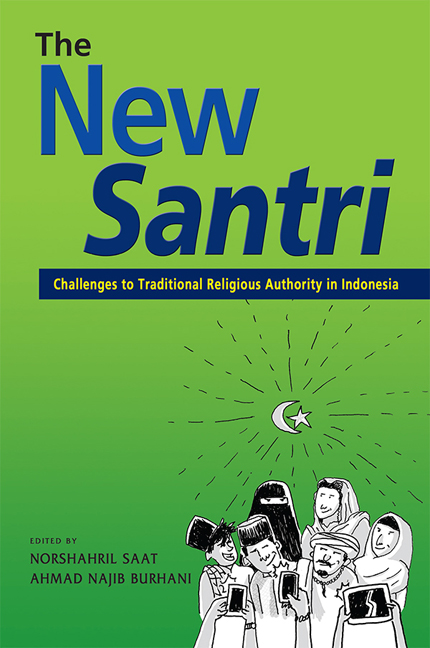5 - Aceh’s Shariah Office: Bureaucratic Religious Authority and Social Development in Aceh
Published online by Cambridge University Press: 24 November 2020
Summary
Introduction
Islamic law (shariah) has now become part of Aceh's development planning agenda. Based on the special autonomy policy, the province has the full authority to enforce shariah in a comprehensive manner. Numerous discussions arose regarding this notion, especially with the dominance of jinayah law enforcement, whether it can bring about any social change (Feener 2013). Many studies have explored the roots and effectiveness of its implementation (Salim 2008, 2015). However, little is known about the bureaucracy that sustained this shariah implementation agenda since its initiation, particularly the development of organizations within the bureaucracy. How organizations have been functioning to convey this vision of shariah implementation in Aceh remains unexplored.
The growth of regional organizational structures indicates a new phase of Indonesia's reform after the fall of Suharto in 1998, where politics have become decentralized. In Aceh, Dinas Syariat Islam (The Department of Islamic Shariah [DSI]) is one of the government offices established aimed at shariah implementation. There are also other offices bestowed with bigger authority, higher status, and independence. Divisions within the DSI cover domains such as Islamic law development, which extends to Aceh's Islamic development vision. In this sense, sharia enforcement should go beyond the scale of law enforcement as what have been studied in several countries (Rehman and Askari 2010). The Aceh government does not revisit shariah implementation goals, though it believes its implementation must be kaffah (comprehensive). Shariah enforcement is not limited to the legal renewal; its spectrum is as wide as the definition of Islam itself (Abubakar 2008, p. 19). It is a shared desire that Acehnese people expect, as a “shariah province”, where shariah should be reflected not only on the legal reforms, but also on the social and political developments. By investigating the DSI's bureaucratic authority, one notes the powers the Aceh government has assigned to the DSI in assuring and controlling the shariah implementation agenda.
From the beginning, shariah implementation in Aceh relies on a technocratic approach, such as establishing offices, recruiting apparatus, and arranging regulations. The DSI is one of the offices established to strengthen the socio-religious development, as well as to be a distinctive indicator of shariah implementation. The DSI shares some common tasks with the other offices in Aceh, namely the local branches of the Ministry of Religious Affairs.
- Type
- Chapter
- Information
- The New SantriChallenges to Traditional Religious Authority in Indonesia, pp. 64 - 82Publisher: ISEAS–Yusof Ishak InstitutePrint publication year: 2020

